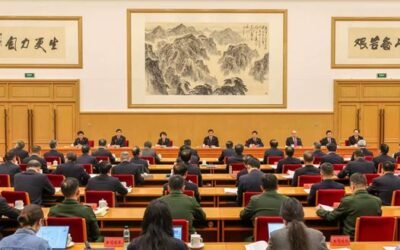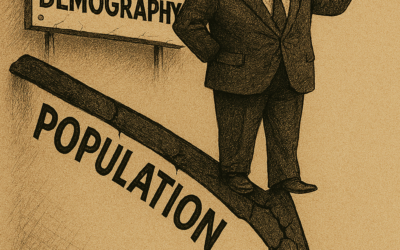Across the country, the CCP is “transforming” temples into cultural auditoriums, government offices and elderly activity centers.
by Sun Kairui
Zhejiang: Mahjong tables and Bodhisattva statues “cohabit” the same room
Nearly 10,000 “comprehensive rural cultural auditoriums” have been built in the eastern province of Zhejiang, designed to “enrich the spiritual lives” of farmers. But as those auditoriums increased in number, religious venues have decreased. It’s part of the CCP’s subtle way or persecuting believers. Bitter Winter has learned that the project is actively being continued.
According to the owner of a temple in Hangzhou city’s Yuhang district in Zhejiang, the government has forcibly converted some local temples into cultural auditoriums.
A temple with a history spanning over 800 years in the district has already been converted; it now contains chess rooms, which take up the entire first floor, a TV room and a reading room. Meanwhile, the temple’s Bodhisattva statues have been hidden away.
“The government’s current policies only allow elderly activity centers to be opened, worshipping Bodhisattvas isn’t allowed,” one local believer told Bitter Winter. “They [government officials] frequently come to conduct inspections. If anybody dares not to obey the government now, the CCP will arrest them under the pretext of ‘cleaning up gang crime and eliminating evil.’”
Another temple in the same district was also converted into an elderly activity center for villagers to use for entertainment purposes. The Bodhisattva statues haven’t yet been removed, so they now share a room with mahjong tables.
Mahjong tables are sharing the same room with the Bodhisattva statues:

Management system plaques in the chess and poker room of the temple.

Signboard of elderly activity center put up at the entrance of the temple.
Shandong: Buddhist temple converted into Party’s propaganda base
On March 21, the signboard of Qingliang Temple had been forcibly removed by the Ethnic and Religious Affairs Bureau of Shan county, under the jurisdiction of Heze city in the eastern province of Shandong on the grounds that the temple was unlicensed. A new sign now reads: “Traditional Culture Training Base.” And at the entrance, a sign reads: “Base for Respecting and Providing for the Elderly.” The two main rooms to the right of the entrance have been converted into government offices.
The Buddhist statues and 18 Arhat statues inside the temple have all been covered and all the recognition plaques have been removed. The cloth used for covering the Buddhist statues is imprinted with the “core socialist values” and other propaganda slogans, as well as portraits of President Xi Jinping.

The signboard of Qingliang Temple was replaced with that of “Traditional Culture Training Base.”

A signboard reading “This is not a religious venue” hangs from the temple’s east wall.

Buddhist statues are covered with propaganda posters carrying slogans of “core socialist values” and portraits of Xi Jinping.
“The reason we left home was to cultivate our moral character and worship Buddha. We can see Buddha here but cannot worship him, so we have no choice but to leave Qingliang Temple,” a believer from the temple told Bitter Winter.
In late April, Shan county’s Puzhao Temple was also sealed off and “transformed.” All the Buddhist statues and incense altars inside the temple were covered with cloth. The local government even covered all sides of the Buddhist statues with slogans like “Always follow the Party.”

The Buddhist statues were covered with cloth.

The Buddhist statues were affixed with slogans like, “Always follow the Party.”
Shaanxi: 16 Taoist temples repurposed in one town
Again in April, government officials from Fengming town, in Qishan county under the jurisdiction of Baoji city in the northwestern province of Shaanxi, issued a notice to each village stating that if they want to save their temples from being demolished, all statues inside the temples must be covered or removed. Within two months, at least 16 Taoist temples in Fengming town were repurposed. Some of them were converted into meeting rooms or elderly activity centers; some of them were converted into warehouses.

A temple in Mengjiabao village, under the jurisdiction of Fengming town, has been converted into “Mengjiabao Assembly Hall” by the government. The slogan “Don’t forget Chairman Mao; everything depends on the Communist Party” is posted inside the building.

Statues at Guan Di Temple in Beizhaizi Village have been covered and a sign reading “Village Group Meeting Room” has been posted.

Two temples in Fengming town have been converted into warehouses.

Temples in Fengming town have been converted into cultural activity centers and elderly activity centers.
On May 12, statues at Guan Di Temple, located in Nanying village under the jurisdiction of Yongchuan town in Qishan county, have been covered; the walls and a large incense burner have been painted white; and a portrait of Mao Zedong has been hung on the wall. The temple has been converted into an “Elderly Activity Center.”

Guan Di Temple has been converted into an elderly activity center

Uses a pseudonym for security reasons.



